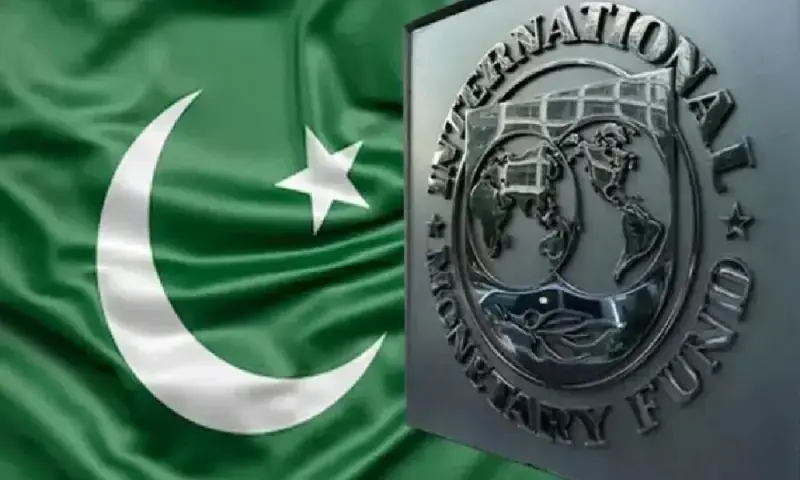The final round of talks between Pakistan and the International Monetary Fund (IMF) concluded on Wednesday with differences persisting over the publication of the Governance Diagnostic Report, officials said.
According to sources, the IMF mission urged Pakistan to ensure greater transparency in public administration, calling for senior civil servants and bureaucrats to declare their assets and for strict measures to curb corruption.
The mission also proposed ending tax exemptions for special economic zones and tightening regulations on vehicle imports.
During the discussions, both sides reached an agreement to phase out the baggage and gift import schemes, with a decision expected from the Economic Coordination Committee (ECC) later this month.
The government will share a progress update with the IMF by October 15.
Officials briefed the mission that Pakistan is considering forming a task force to review its anti-corruption framework.
Draft rules have been prepared to require officers from grades 17 to 22 to submit asset details to the Federal Board of Revenue (FBR).
Amendments to the Civil Servants Act, 1973, and the Elections Act — aimed at bringing non-elected advisers and special assistants under the asset declaration regime — are also under consideration.
The government also informed the mission that it is reviewing the roles of the National Accountability Bureau (NAB) and the Federal Investigation Agency (FIA) to avoid overlapping jurisdictions and improve coordination.
Proposals for investment in modern technology and staff training within investigation agencies were also discussed.
The IMF recommended launching a public awareness campaign to promote transparency and access to information, while suggesting that provincial anti-corruption departments be empowered to investigate money-laundering cases.
Sources said Pakistan appealed to the IMF to reconsider its condition of phasing out all tax incentives by 2035, urging a review based on third-party studies.
Islamabad argued that the abrupt withdrawal of such incentives could harm investment in special economic zones, proposing instead a 10-year phased plan for rationalisation.
Meanwhile, under the revised Transfer of Residence rules, only vehicles used for one year abroad will be eligible for import, while five-year-old cars will be allowed under specific conditions.
The government also pledged stricter monitoring to curb the misuse of import schemes through third countries, such as the UAE.
The IMF mission is expected to depart later today after completing the final round of discussions in Islamabad.

